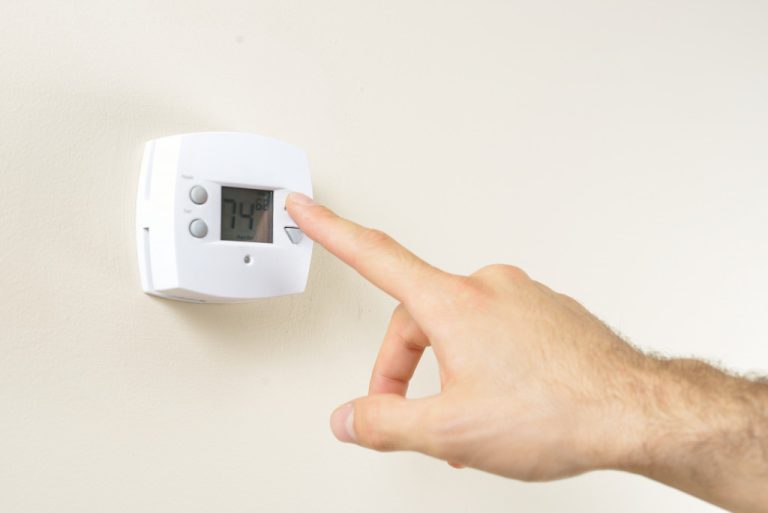Air quality is a major concern for people these days. Poor air quality can make you sick, exacerbate asthma and allergies, and cause other health problems that are not entirely clear yet. There are many things you can do to maintain good air quality inside the home, which will help keep your family healthier and happier. Here’s a list of some tips.
1. Keep your home clean.
The first step you can take to improve the air quality in your home is to keep it clean. Dust, pet dander, and other allergens can easily accumulate and worsen air quality. Make sure you dust and vacuum regularly and sweep and mop the floors at least once a week. Always use a damp cloth to clean surfaces, as this will help reduce the amount of dust and allergens in the air.
2. Keep your windows and doors closed.
If you don’t have to open the windows, don’t. Opening the windows allows allergens, pollution, and other contaminants to enter your home. It’s much better to keep them closed and use the air conditioner or a fan to circulate the air. Sometimes, it might be necessary to open the windows for a short time but try to keep them closed as much as possible to improve the air quality.
3. Use an air purifier.
An air purifier can help remove dust, pet dander, smoke, and other pollutants from the air. If you have allergies or asthma, it’s good to have an air purifier in your home. There are many different types of air purifiers, so be sure to choose one that is right for your needs. Look for one with a high CADR rating, as this means that it effectively removes allergens and pollutants from the air.
4. Keep your HVAC system clean.
The HVAC system is responsible for circulating the air in your home. If it isn’t clean, it can easily contaminate the air with dust, pet dander, and other allergens. Make sure you have your HVAC system cleaned at least once a year by a professional. Have them check and repair your furnace, air conditioner, and ducts for a thorough cleaning.
5. Limit the use of harsh chemicals.
Chemicals such as bleach and ammonia can release harmful fumes that can contaminate the air and cause health problems. Try to avoid using these chemicals whenever possible and use safer alternatives. If you must use them, make sure you open the windows and allow the fumes to dissipate before entering the room. You can also use a fan to help circulate the air.
6. Don’t smoke indoors.

Smoking is one of the biggest contributors to poor air quality. It releases harmful fumes and creates cigarette smoke particles that can linger in the air for hours. If you smoke, try to do it outdoors. If you can’t, smoke in a room that can be easily aired out, and make sure to close the door so that the smoke doesn’t spread to other parts of the house.
7. Get rid of pests.
Pests such as cockroaches, rats, and mice can release harmful allergens into the air. If you have pests in your home, get rid of them as soon as possible. Some pests can be dealt with easily, but others may require the help of a professional. Consult with a pest control specialist to find out the best way to get rid of the pests in your home.
8. Plant some trees.
Trees can help improve the air quality in your home by trapping pollutants and releasing oxygen. They can also help reduce the amount of sunlight that enters your home, which can help keep your house cooler in the summer. In the same sense, indoor house plants can also slightly improve the air quality in your home. Try to place a few plants in each room to maximize the benefits.
9. Use a humidifier.
A humidifier can help increase the moisture level and reduce the amount of dust that is expelled into the air. This can be especially beneficial for people who suffer from allergies or asthma. Be sure to clean the humidifier regularly and replace the water often to ensure that it is functioning properly.
10. Make sure your home is properly ventilated.
If your home isn’t adequately ventilated, it can easily become a breeding ground for mold and other allergens. Make sure you have vents in each room and that they are all open to allow the air to circulate. You can also use a fan to help circulate the air.
The tips provided in this article are just a few of the many things you can do to improve your indoor air quality and make sure that you’re breathing the best air possible. Remember to keep your home clean, use safe chemicals, and get rid of pests to keep the air quality in your home at its best. Air purifiers and humidifiers can also help keep the air clean and moist. With a little effort, you can help ensure that your family is breathing healthy air inside and outside of your house.

